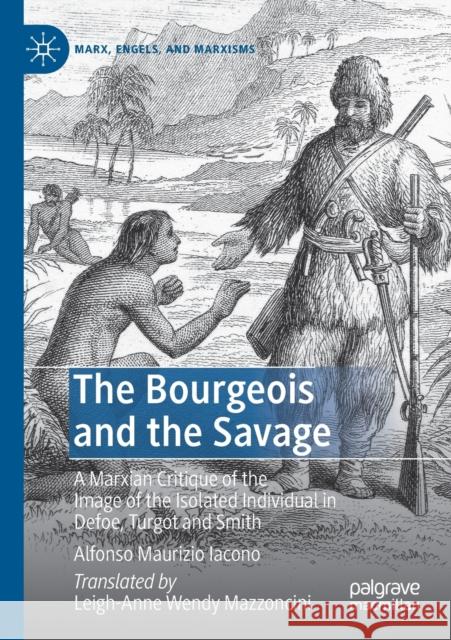The Bourgeois and the Savage: A Marxian Critique of the Image of the Isolated Individual in Defoe, Turgot and Smith » książka
topmenu
The Bourgeois and the Savage: A Marxian Critique of the Image of the Isolated Individual in Defoe, Turgot and Smith
ISBN-13: 9783030395100 / Angielski / Miękka / 2021 / 147 str.
The Bourgeois and the Savage: A Marxian Critique of the Image of the Isolated Individual in Defoe, Turgot and Smith
ISBN-13: 9783030395100 / Angielski / Miękka / 2021 / 147 str.
cena 301,89
(netto: 287,51 VAT: 5%)
Najniższa cena z 30 dni: 289,13
(netto: 287,51 VAT: 5%)
Najniższa cena z 30 dni: 289,13
Termin realizacji zamówienia:
ok. 22 dni roboczych
Bez gwarancji dostawy przed świętami
ok. 22 dni roboczych
Bez gwarancji dostawy przed świętami
Darmowa dostawa!
Kategorie BISAC:
Wydawca:
Palgrave MacMillan
Seria wydawnicza:
Język:
Angielski
ISBN-13:
9783030395100
Rok wydania:
2021
Wydanie:
2020
Numer serii:
000766862
Ilość stron:
147
Waga:
0.22 kg
Wymiary:
21.01 x 14.81 x 0.97
Oprawa:
Miękka
Wolumenów:
01
Dodatkowe informacje:
Wydanie ilustrowane











